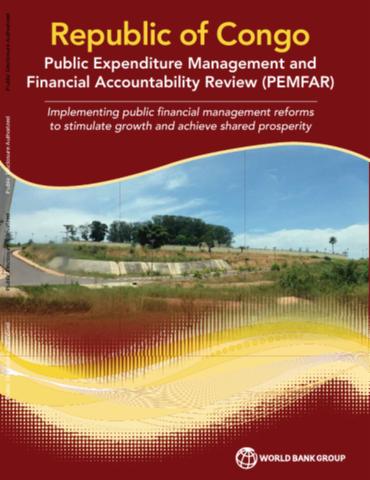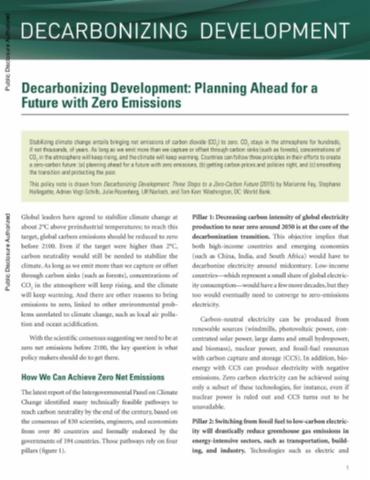Permitting and Licensing Regimes for Renewable Energy Projects
Permitting, licensing, and other
authorization procedures are an integral part of investing
in renewable energy. For private companies, the quality of
these procedures can drastically affect transaction costs
and project risk. Optimal regimes are tailored to country
specifics and depend on the way in which private investors
access the market in the first place—from auctions to
site-specific tenders to standardized contracts on a




